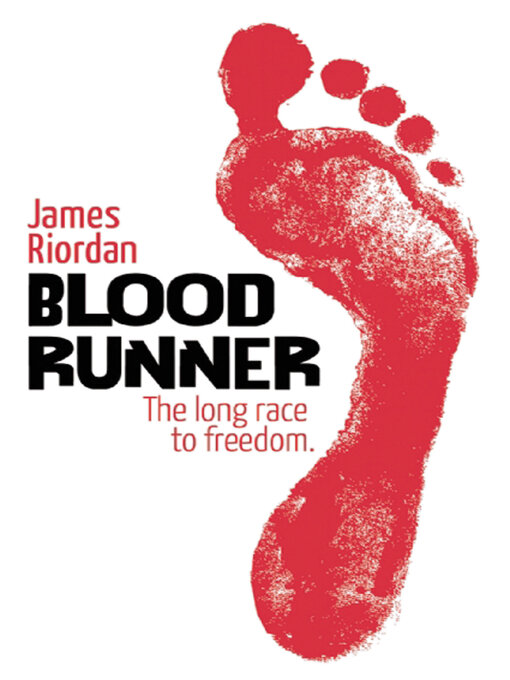This powerful and moving story portrays what it was like for blacks growing up in South Africa aunder Apartheid and the different ways in which they struggled to gain their freedom. For some, like Samuel's brother, it was an armed struggle, but for Samuel it was the opportunity to prove he could run better than any white man.
-
Creators
-
Publisher
-
Release date
November 14, 2011 -
Formats
-
OverDrive Read
- ISBN: 9781781010433
-
EPUB ebook
- ISBN: 9781781010433
- File size: 534 KB
-
-
Languages
- English
-
Reviews
-
Kirkus
April 1, 2012
A general indictment of apartheid is thinly wrapped in a tale about a young Zulu marathoner who runs for his country in the Olympics. When police fire into a crowd watching a peaceful demonstration, they orphan young Samuel and his two older brothers, radicalizing the latter. In later years one brother loses his mind on Robben Island, and the other is killed in a gun battle. Samuel, though, grows up to leverage his love of running barefoot over his dusty tribal "homeland" into a spot on South Africa's Olympics team after apartheid collapses and Mandela is freed. Riordan loosely bases his disconnected main plot on the experiences of Josiah Thugwane, the first black gold medalist from South Africa. He begins his book with the graphically depicted opening massacre, closely followed by a disturbingly gruesome hospital scene. To these he adds angry rhetoric ("Where was British justice now?") and ugly words when Samuel goes to get a passbook and later boards a "Whites Only" train car by mistake. For readers who still aren't with the program, he provides infodumps about South Africa's racial history and the African National Congress and a triumphant set piece when Samuel casts a vote in his first national election. Samuel runs (and wins) the climactic race with a letter from Mandela tucked in his shoe. This potentially inspiring tale staggers along under the weight of a worthy agenda. (afterword) (Historical fiction. 12-14)COPYRIGHT(2012) Kirkus Reviews, ALL RIGHTS RESERVED.
-
School Library Journal
July 1, 2012
Gr 5-8-Samuel is a fictional character inspired by Josiah Thugwane, the marathon runner who was the first black South African to win an Olympic gold medal. The novel begins when Samuel is a child and his parents and sister are killed in a police massacre of antiapartheid protesters. Samuel and one of his brothers are sent to the rural Bantu homeland to live with their uncle, while another brother, an amputee, is left in the city. Samuel herds goats and begins to mold himself into a long-distance runner. He marries and goes to work in the gold mines. All this time he tells himself that his contribution to the fight against apartheid will be to show that he can beat white marathon runners. There is no real plot tension; that he'll prevail is a foregone conclusion. Historical and geographical accuracy are given short shrift, characters are sketchily drawn, and major events in the story appear in near-summary form. While the massacre in which Samuel's parents and sister die is set up as a portrayal of the events in Sharpeville in 1960, the time line of the story, which includes the 1996 Olympics, when Samuel wins his gold, requires that the action takes place in the 1980s. Riordan's failure to ground his story in accurate historical details drains it of any richness or resonance it might have had. For a powerful fictional look at South Africa's history and politics, stick with Beverley Naidoo's Out of Bounds (HarperCollins, 2003) or Colleen Craig's Afrika (Tundra, 2008).-Sue Giffard, Ethical Culture Fieldston School, New York City
Copyright 2012 School Library Journal, LLC Used with permission.
-
Formats
- OverDrive Read
- EPUB ebook
Languages
- English
Loading
Why is availability limited?
×Availability can change throughout the month based on the library's budget. You can still place a hold on the title, and your hold will be automatically filled as soon as the title is available again.
The Kindle Book format for this title is not supported on:
×Read-along ebook
×The OverDrive Read format of this ebook has professional narration that plays while you read in your browser. Learn more here.


